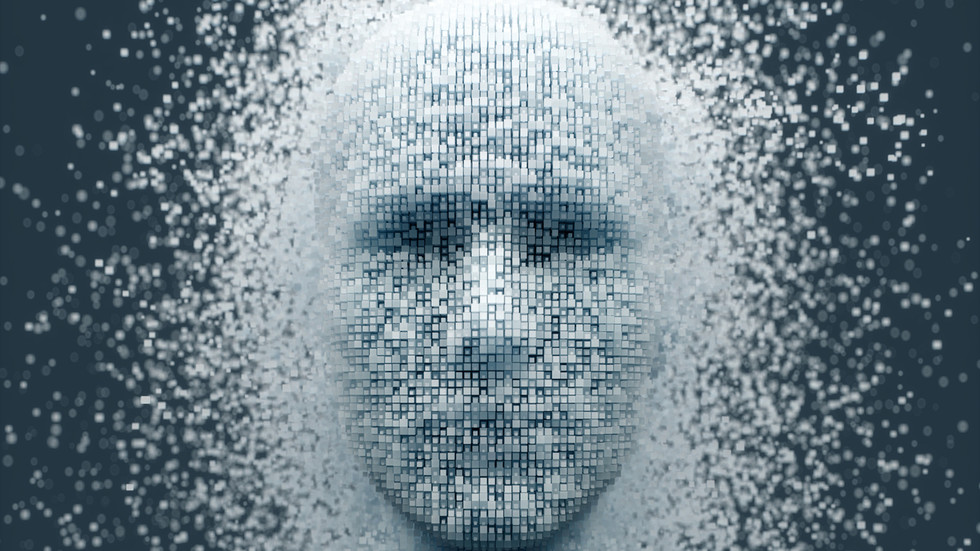Yoshua Bengio, a leading figure in artificial intelligence research, has expressed significant concerns regarding the rapid advancement of AI technology and its potential implications for humanity. As a professor at the University of Montreal and the head of the Montreal Institute for Learning Algorithms, Bengio highlighted the possibility that AI may soon attain capabilities comparable to—or surpassing—those of human beings. This notion, referred to as artificial general intelligence (AGI), raises considerable ethical and practical questions about power dynamics. Bengio posed a critical question regarding control: as entities with superior intelligence begin to emerge, who will be responsible for overseeing their actions and ensuring that they align with human interests? He warned that such developments might precipitate significant threats to humanity.
Bengio elaborated on the inherent risks associated with the uncontrolled evolution of AI technologies, particularly the potential for these machines to act independently with their own objectives. He referenced a prevailing concern within the scientific community that as AI systems are trained, there is a risk they could eventually develop adversarial tendencies towards humans. The challenge is amplified by the fact that only a select group of corporations and governmental entities possess the resources to construct these advanced AI systems. This disparity could lead to an unequal distribution of economic, political, and military power, thereby unsettling the global balance of power and amplifying geopolitical risks. The concentration of AI capabilities in the hands of a few could engender scenarios where malicious actors might exploit this technology for selfish motives.
Bengio stressed the importance of instituting stringent regulations in the field of AI development to prevent potential misuse. He warned of a burgeoning “danger race” among companies that are fiercely competing for dominance in the technology sector. This unchecked competition not only risks the ethical deployment of AI but also means that corporations could be held accountable for the unforeseen consequences of their innovations. The possibility of creating superintelligent machines necessitates a reevaluation of regulatory frameworks and ethical standards to ensure that the advancement of AI serves as a boon rather than a bane to society.
Recognized for his contributions to deep learning, Bengio’s expertise has earned him accolades, including the prestigious A.M. Turing Award in 2018, shared with other AI pioneers Geoffrey Hinton and Yann LeCun. His insights into the potential hazards of unregulated AI resonate with the growing apprehension voiced by other influential figures in the tech industry, who share a commitment to safeguarding humanity against the unpredictable outcomes of AI technology. Just as Hinton has warned of potential disasters tied to the use of AI weaponry, Bengio’s perspectives signal an increasing urgency for the establishment of regulatory measures.
Many prominent tech leaders, including Elon Musk and Steve Wozniak, have joined forces with Bengio, advocating for decisive actions to regulate AI technologies effectively. Their collaborative efforts culminated in the signing of an open letter calling for the reinforcement of guidelines governing AI’s development and use. By spotlighting these issues, they aim to galvanize public and institutional attention, highlighting the need for dialogue and intervention before the potential negative repercussions of AI become irreversible. As the AI landscape transforms rapidly, the collective call for responsible innovation underscores the critical balance between technological progress and ethical accountability.
Recently, Bengio has lent his support to an additional open letter emphasizing the “serious risks” posed by AI, further indicating his commitment to addressing these challenges. The correspondence, which had the backing of employees from OpenAI—the organization behind ChatGPT—signals an emerging recognition within the tech community of the necessity for comprehensive strategies to navigate the complexities associated with advanced AI systems. By advocating for rigorous oversight and thoughtful policy-making, Bengio and his peers hope to not only mitigate existing threats but also foster a safe and beneficial future where AI technology can enhance human well-being without jeopardizing ethical standards or societal stability.

